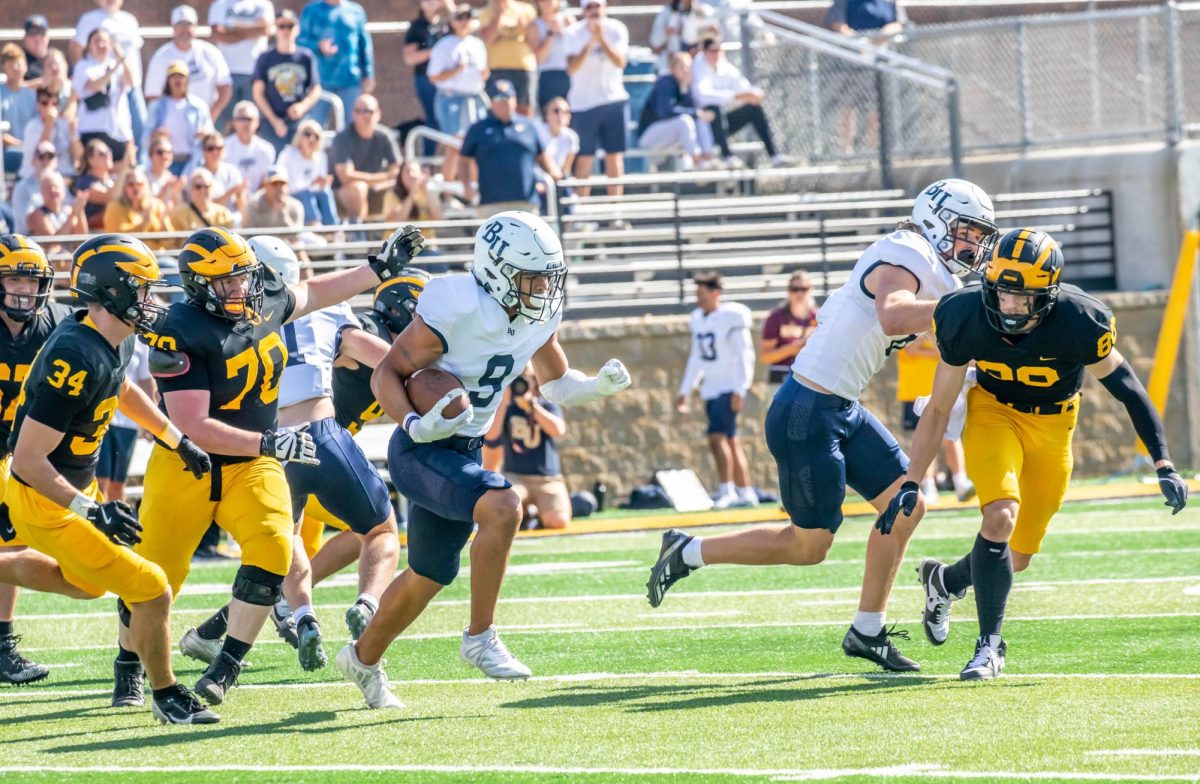International crises such as the terrorist attacks in Paris and the movement of Syrian refugees impact study abroad programs.
By Shayla Norgaard
Katie Saffell sat writing a paper in Ireland just 450 miles away from Paris when her roommate came through the door and informed her about the attack that happened in the French capital on November 13. Saffell, a sophomore English major in Ireland on England term felt a sinking feeling in her stomach. Her first thought was “You’re kidding?!”
When the dust settled in France, it was determined that the attacks killed 130 people and injured 368. Unfortunately, that situation is just one of a few across the world that are impacting Bethel students who are overseas and students planning to study abroad.
Due to security concerns across Europe, future study abroad trips are taking a few extra precautions. The psychology trip during interim plans on being more mindful of communication, plan more sightseeing as a group and possibly implement a curfew while in Paris. Although the thought of being close to crisis is scary, Bethel administration will continue to ensure the safety of students.
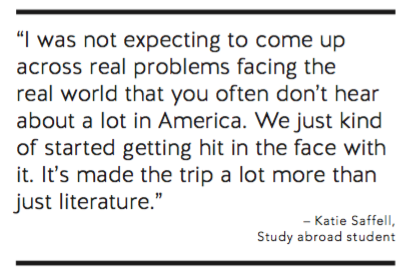
“Your probability of getting hurt in a car accident here is higher [than the probability of being the victim of an attack abroad].” Dr. Joel Frederickson said. Frederickson, chair of the psychology department, is in charge of leading the psychology trip in January.
International crises are not only influencing future trips, but they have changed travel plans for current students abroad.
Communication students in Europe were planning on taking a train to Budapest, but were forced to cancel due to Hungary closing its border – a result of the Syrian refugee crisis. The communication trip also decided it was best not to travel to Paris, as it was originally planned to go days after the attack occurred.
Having been close to the conflict, Saffell and others studying abroad have been forced to challenge and expand their view of the world.
“Here it was on the news for weeks and weeks and weeks,” Spain term student Mya Kubik said. “If I was at Bethel in Minnesota I would probably feel bad about it for a week or two then it wouldn’t be in my mind anymore.”
“I was not expecting to come across real problems facing the real world that you often don’t hear about a lot in America,” Saffell said. “We just kind of started getting hit in the face with it. It’s made the trip a lot more than just literature.”
Seeing the repercussions from the Syrian refugee crisis has allowed these students to develop a more complex ideology in response to the biggest migration of people since World War II.
In Paris, just weeks before the attack, Saffell and fellow students saw a camp of tents for Syrian refugees. At a Vienna train station, Peggy Kendall, head of the Communication department’s trip to Europe, and her students came face to face with hundreds of refugees where she witnessed anxious mothers and crying kids.
“Students struggle with the idea of fear, trusting God, wanting to live an adventurous life, what it meant to be safe, and are we supposed to be safe” Kendall said of how students reacted to terrorist attack.
Students had to deal with mixed feelings about being so close to the attack, while receiving messages and phone calls concerning their safety from home.
“It’s not black and white,” Saffell said. “We have seen a lot of these people. You realize that these are people. Even though things like Paris scare us, I think this whole trip is wrestling with the idea of what being a Christian means and what loving people means even through hurt.”
While European attacks and the refugee crisis have been largely isolated to Europe and the Middle East, that’s not the case anymore. Last week’s attack in San Bernardino, California and Minnesota’s borders opening to the Syrian refugees are proof that the effects are closer than ever. Thus, it’s more important than ever, history professor Amy Poppinga said, to educate oneself beyond statistics.
“The more opportunity anyone has to put a name and a face to an issue, especially if is something they have been afraid of, I think that those only end up being positive interactions because you recognize the humanity of what previously to you has just been statistics,” Poppinga said.
Earlier this year, Poppinga’s Modern Middle East class started the 434 campaign to help Syrian refugees and encourage students to continue helping. They urge students to pray, donate and stay informed on the most recent happenings in Syria.


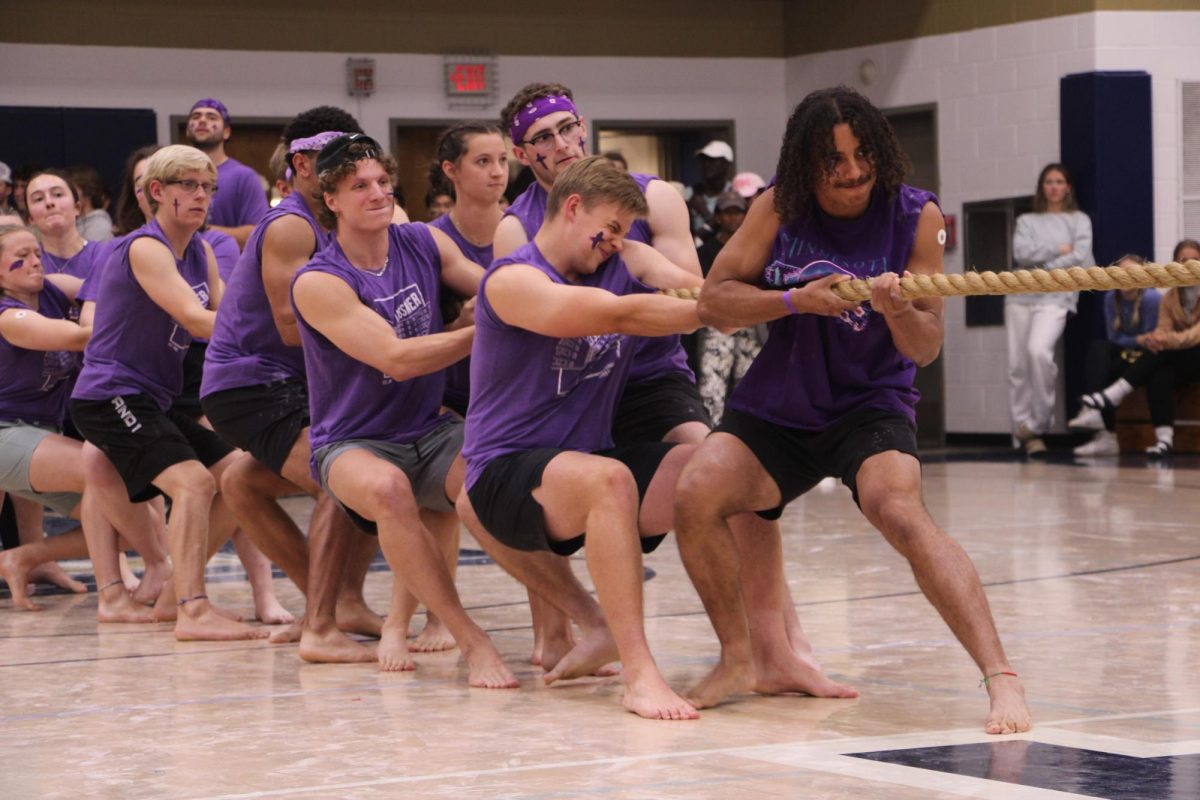
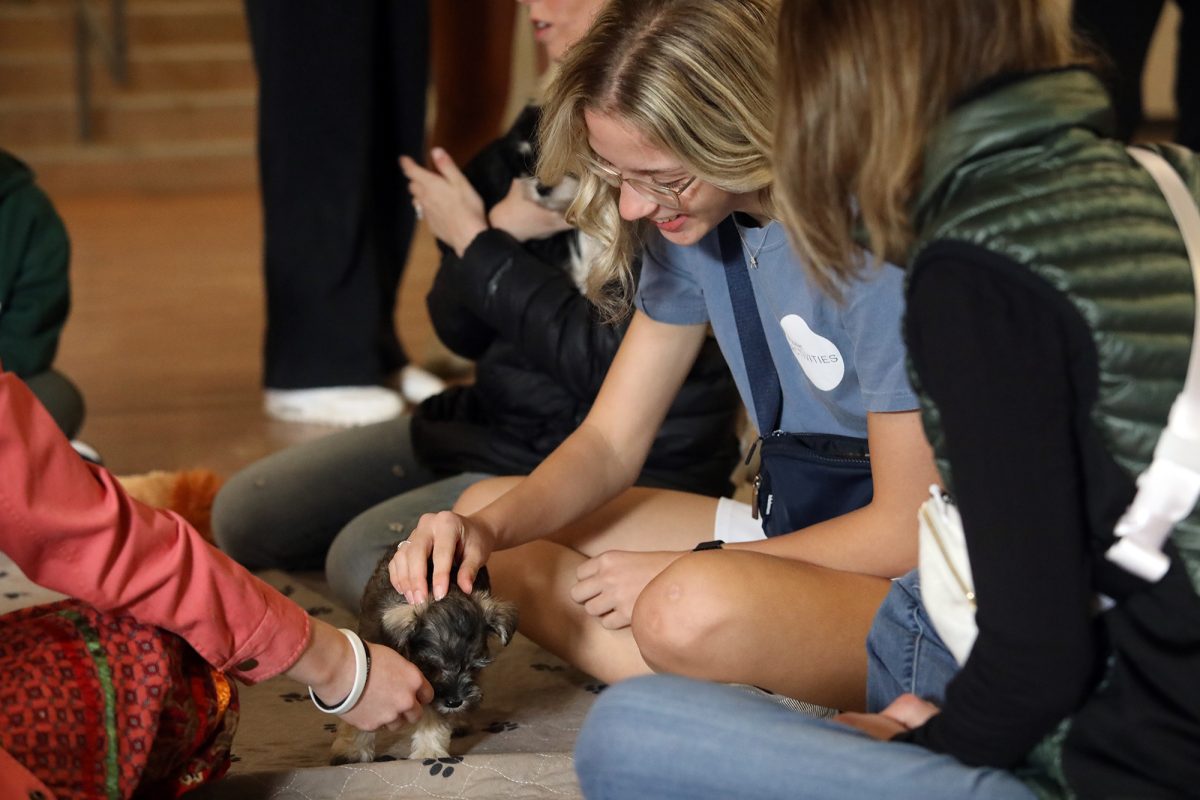
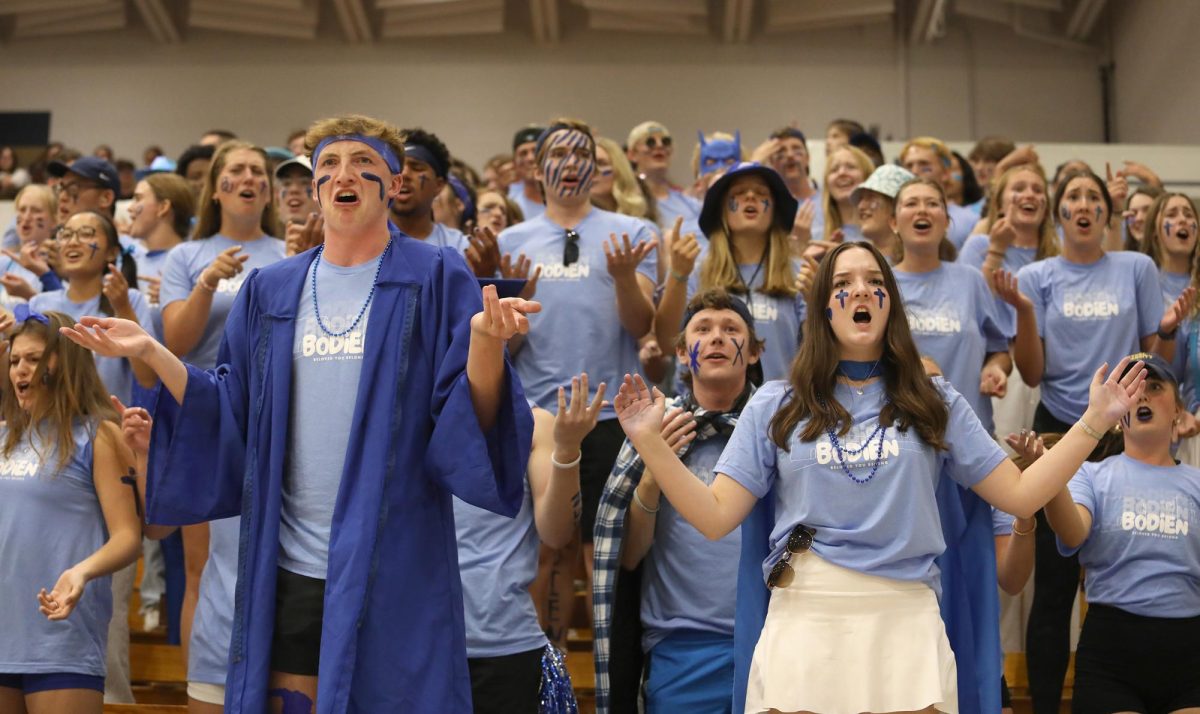

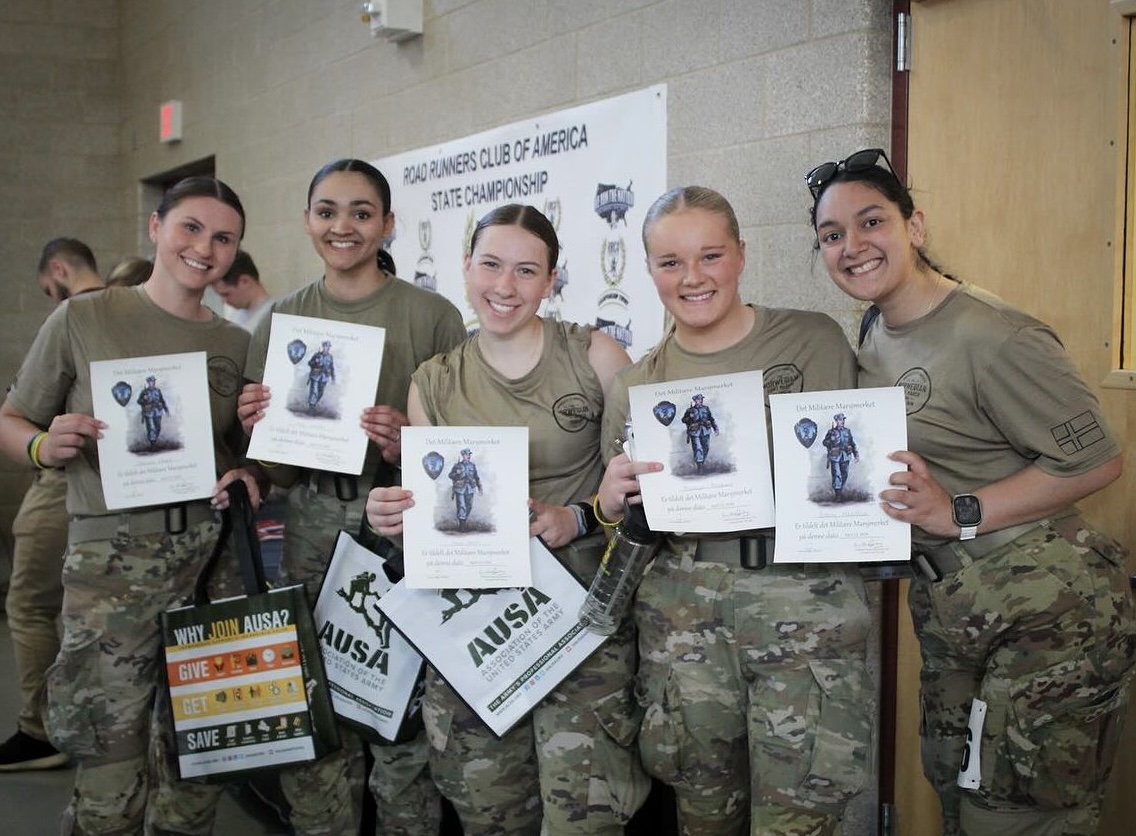

![Senior Bethel receiver Micah Niewald sheds a would-be tackler on his way to a touchdown in the Royals’ 73-8 win over Augsburg Saturday. Niewald sped his way to two touchdowns in the win, tallying 62 yards after the catch between the two scores. “Knowing I can outrun the guy that’s chasing me is a big thing,” Niewald said. “That’s going back to [strength and conditioning] Coach Meyer and everything we do in the summer and off-season.” | Photo by Carl Schumland, Bethel Athletics](https://thebuclarion.com/wp-content/uploads/2024/10/3J9A1632-1200x800.jpg)

